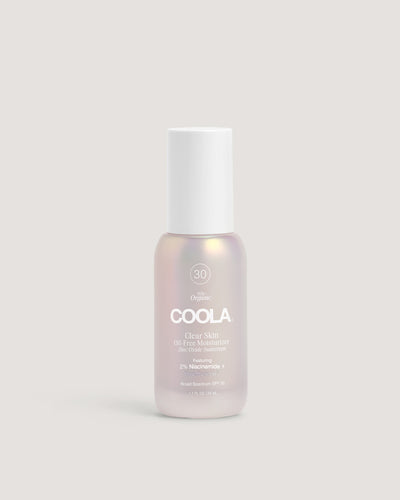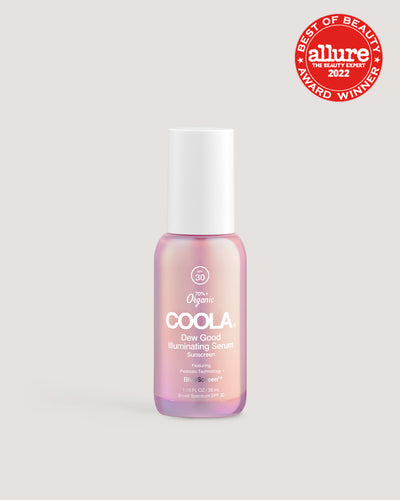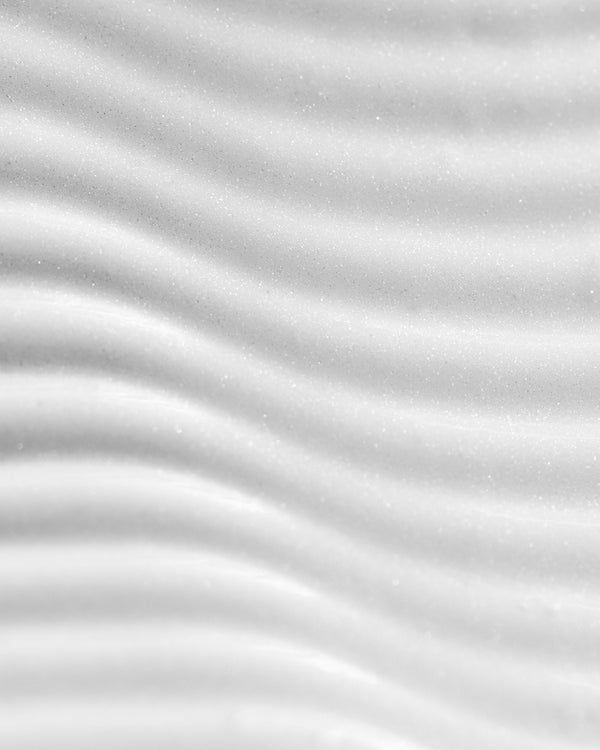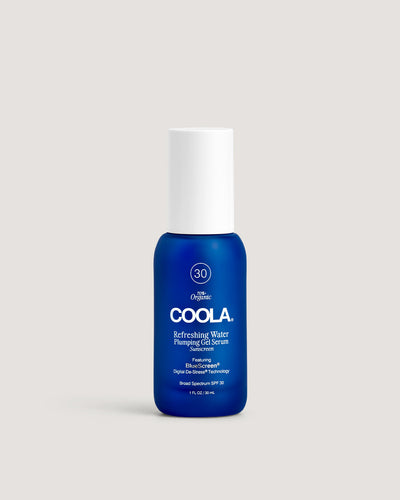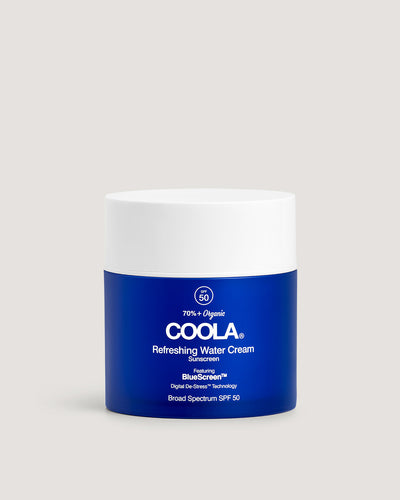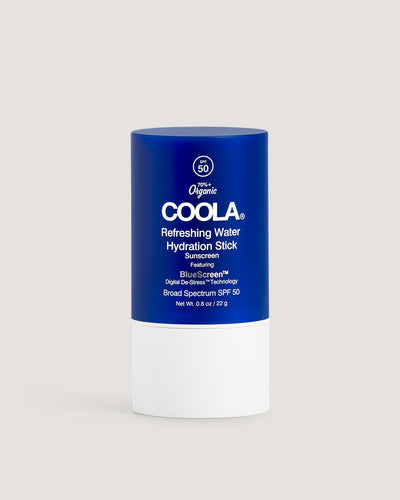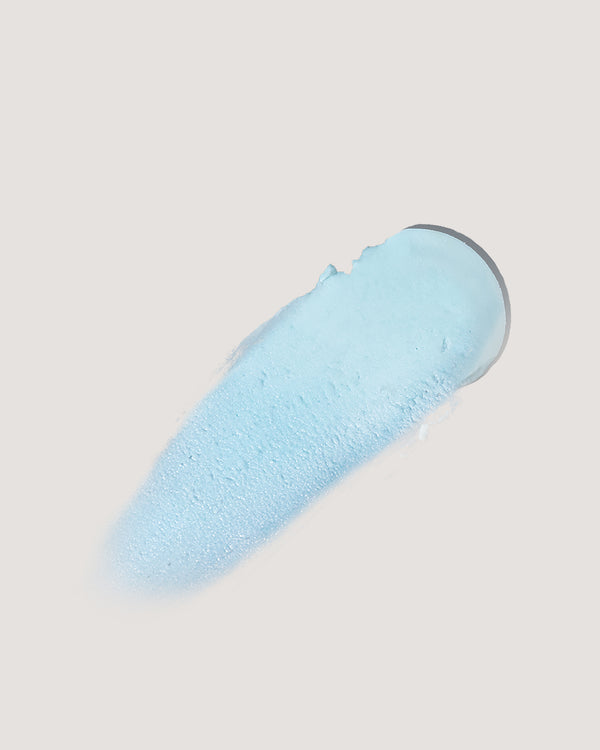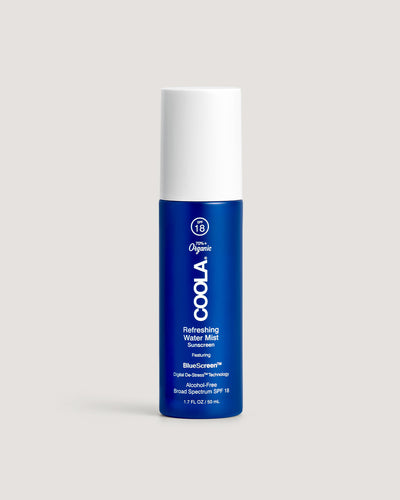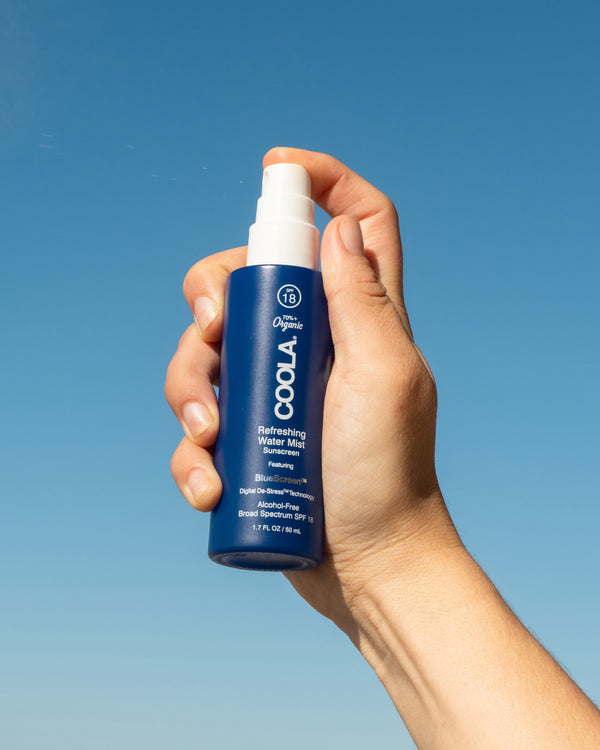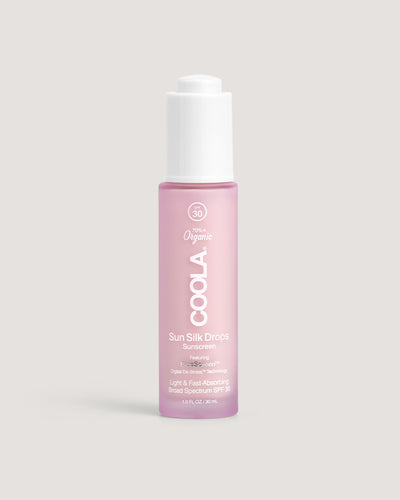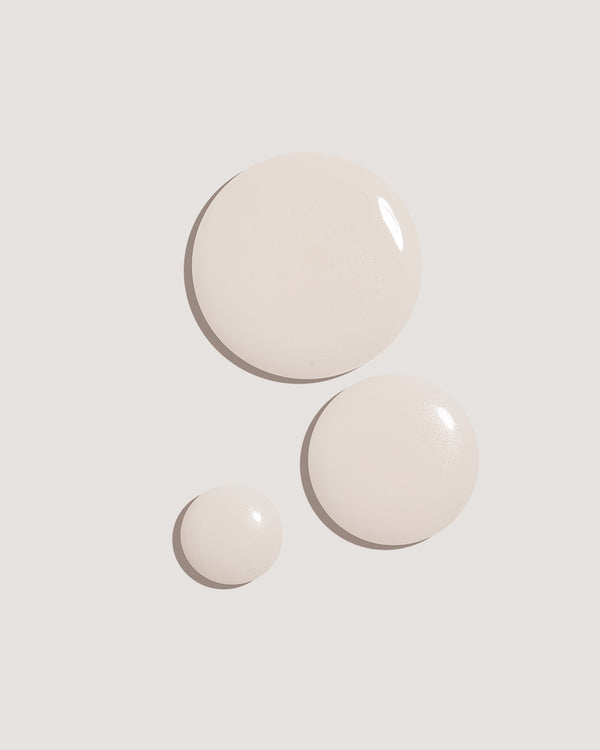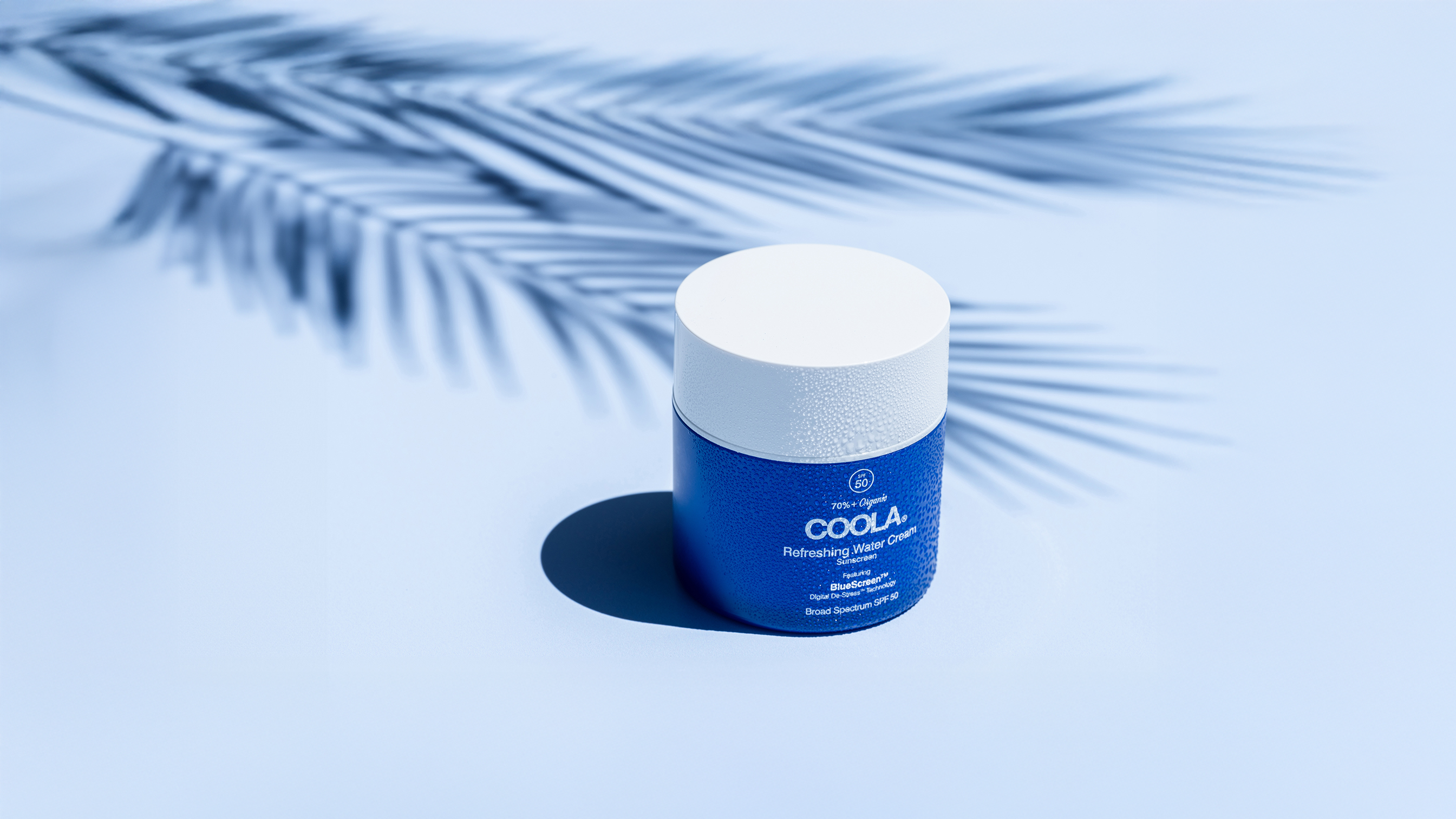
SPF Skincare
COOLA's Sensitive Skin Solutions: Nurturing Care for a Radiant Complexion
At COOLA, we understand the unique needs of sensitive skin. That’s why our skincare for sensitive skin is crafted with soothing ingredients that nourish and comfort without overwhelming your skin.
If you experience dryness, redness, or reactivity, our skincare products are designed to help calm irritation and support a more balanced complexion. From gentle cleansers to hydrating moisturizers, each formula works to strengthen the skin barrier and restore comfort.
Explore our sensitive skin skincare collection, featuring lightweight, non-irritating treatments. We avoid harsh additives and prioritize ingredients that help reduce sensitivity over time.
Creating a gentle routine is easy with a detoxifying gel cleanser and a revitalizing serum designed to replenish skin and promote a more radiant, healthy-looking appearance, all developed to be suitable for daily use on sensitive skin.
Your skin deserves thoughtful care. COOLA’s specially formulated skincare products for sensitive skin provide simple, effective solutions that let your natural glow shine.



